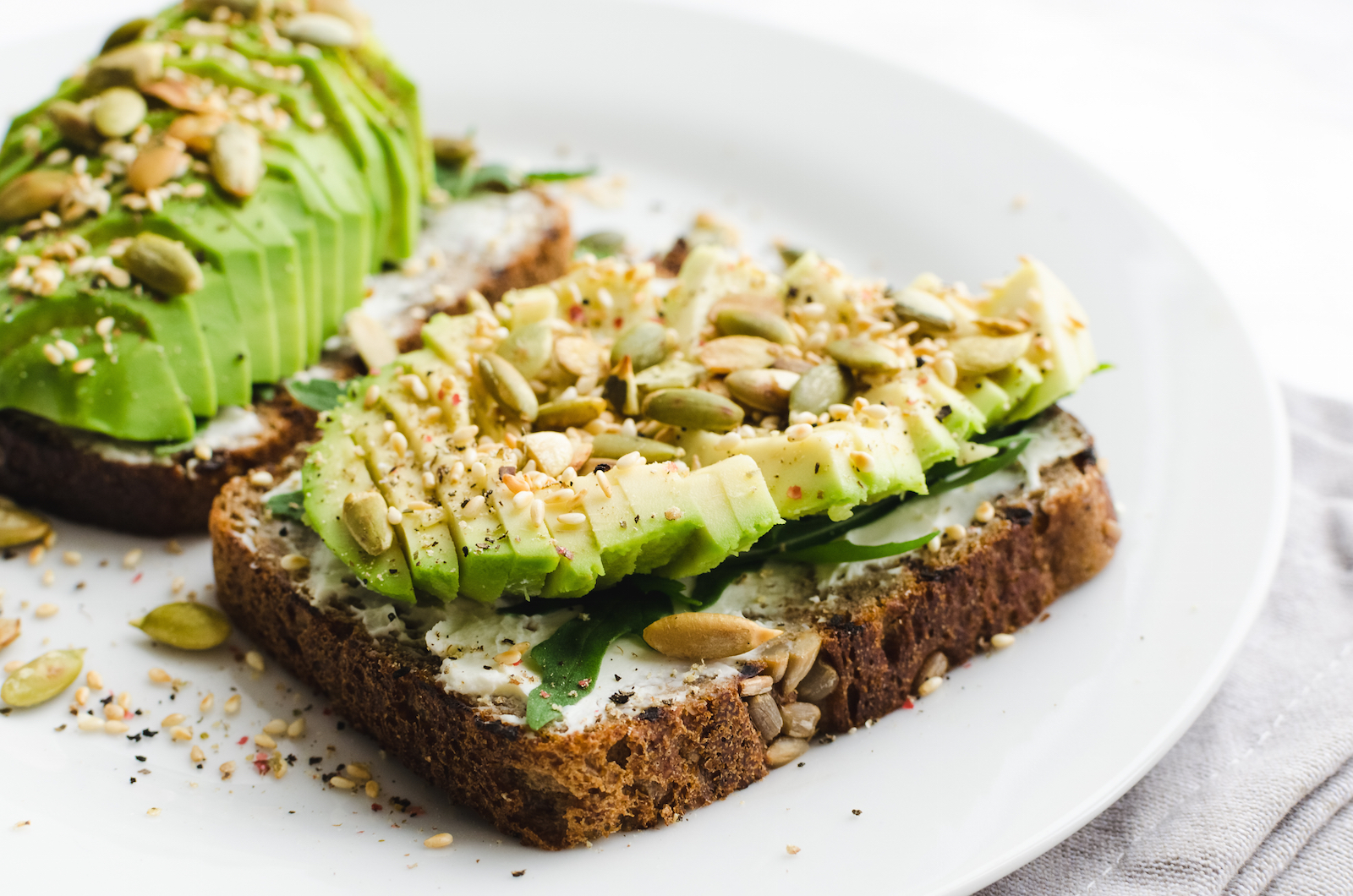 Eat Empowered
Eat Empowered  Healthy Eating Tips
Healthy Eating Tips
The 5 Most Important Minerals You Should Be Getting in Your Diet
By Keri Glassman, MS, RD, CDNHome » Eat Empowered » The 5 Most Important Minerals You Should Be Getting in Your Diet
Ask Keri: Everyone’s always talking about which vitamins are most important for health, but what about minerals?
Keri Says: There are so many important minerals beyond the obvious two—iron and calcium— that help your body function efficiently and thrive.
For example, getting adequate amounts of minerals in your diet is tied to energy levels, healthy bones, and proper thyroid function.
The good news is that if you’re eating a variety of fresh vegetables every single day, you’re likely already getting a lot in your diet. Which should you be paying attention to, specifically? Here are five to start with.
The 5 Most Important Minerals For Good Health
- Iron
We talk about iron a lot because it’s really that important: your body needs it to carry oxygen throughout the body. When you’re not getting enough iron, you’re tired and weak (and that is so not who you are!). Pro tip: Vitamin C helps your body absorb iron, so if you eat foods that contain both nutrients—like broccoli rabe—you’ll get more bang for your nutrition buck.
- Calcium
We all know calcium is necessary for strong bones, and it’s especially important for kids. Research shows that getting enough nutrients early in life helps individuals achieve maximum peak bone mass by age 18, which decreases the likelihood of osteoporosis later in life. Yes, dairy products are rich in the important mineral, but so are lots of plant foods like spinach and beans.
RELATED: 3 Important Nutrients You Should Make Sure Your Kids Are Getting

- Magnesium
Magnesium is crucial for both bone health and energy. Not getting enough can lead to serious fatigue. Conversely, there’s some evidence it may help you sleep (and hey, getting a good night’s sleep definitely leads to more daytime energy). Plus, here’s a really great benefit: research has shown magnesium is associated with reduced PMS symptoms. Get it from pumpkin seeds and you’ll get a bonus dose of zinc, which studies show can help prevent cramps. Which brings me to…
- Zinc
Zinc has a few key jobs. Your brain needs it for cognition and memory, and it also helps your body produce the important thyroid hormone T3. Oysters are one of the best sources of zinc, and they also contain plenty of selenium, which aids in thyroid hormone synthesis. In other words, start shucking.
RELATED: What Type of Magnesium Is Best For You
- Potassium
Potassium helps regulate blood pressure, so it’s super important for heart health, and it also plays an important role in your nervous system’s operation. And while bananas are a great source, they’re far from the only one: greens, sweet potatoes, and salmon all contain more.
How to Get More Important Minerals in Your Diet
While each mineral is found in higher concentrations in certain foods, it’s as easy as (sweet potato) pie to simply make sure your overall diet is delivering enough of all of them.
The number one rule is to eat lots of different dark, leafy greens as often as possible. Various ancient grains are also rich in many of these minerals, and so are eggs, sea vegetables, and bone broth.
If you’re having trouble getting enough of a certain mineral through your diet, you can try supplementing. (Try my mineral and antioxidant powder, but be sure to check with your healthcare provider before starting anything new.)
(Images: Shutterstock)
About Keri Glassman, MS, RD, CDN
Keri Glassman, MS, RD, CDN, is a renowned celebrity nutritionist, healthy cooking expert, and wellness thought-leader. She is the founder and CEO of Nutritious Life and The Nutritious Life Studio, an online certification that provides unparalleled, forward-thinking education to individuals of various backgrounds looking to establish successful careers in the health and wellness industry.
RECENT ARTICLES

Want a sneak peek inside the program?
Get FREE access to some of the core training materials that make up our signature program – Become a Nutrition Coach.
Get Access"*" indicates required fields














































































































































































































































































































































































































































































































































































































































































































































































































































































































































































































































































































































































































































































































































































































































